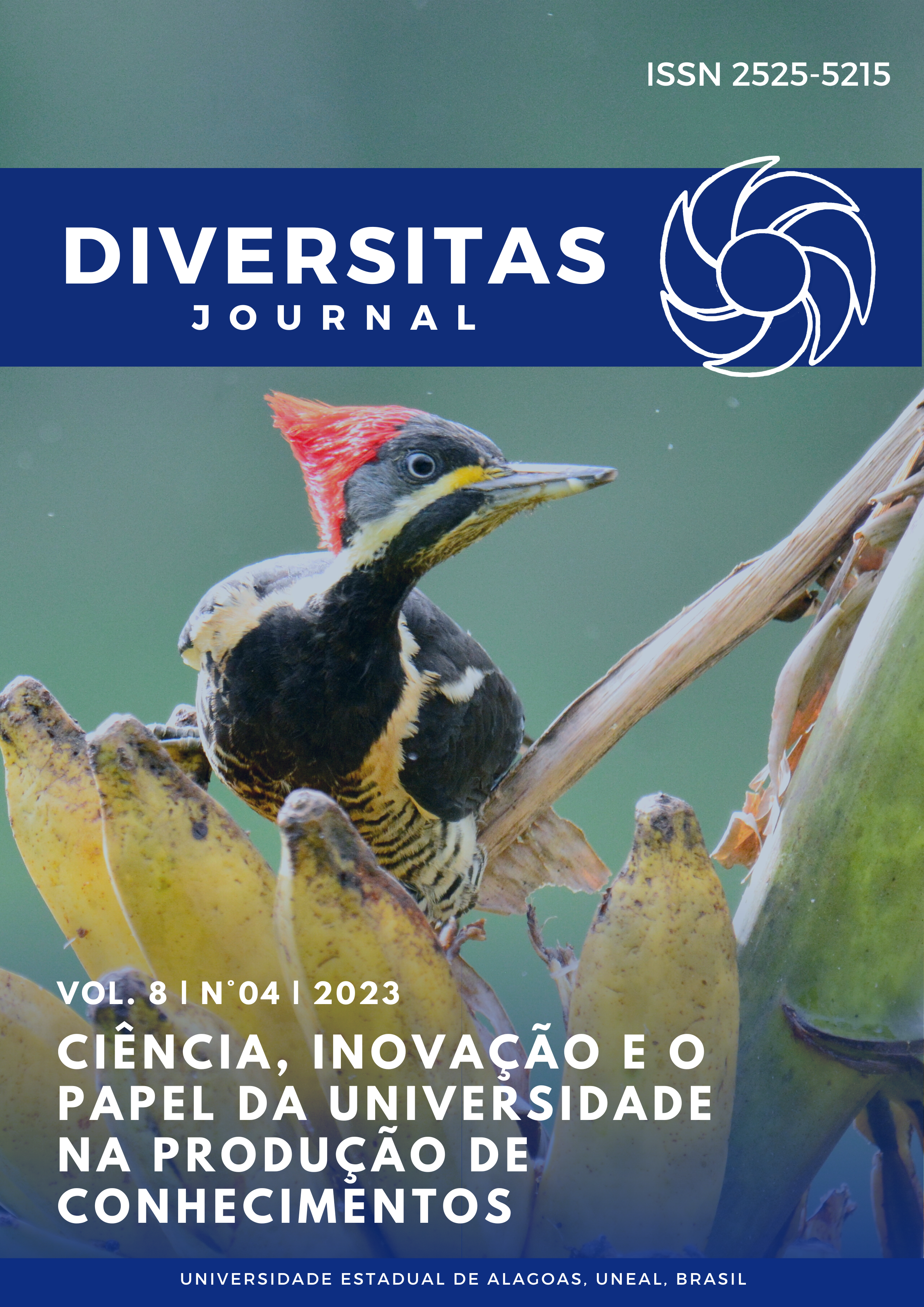Propensity of Entrepreneurial Activity of Ifugao Entrepreneurs
DOI:
https://doi.org/10.48017/dj.v8i4.2779Keywords:
Entrepreneurial Environment, Entrepreneurial Propensity, Ifugao EntrepreneursAbstract
The continuation of COVID-19 control raises the risk of poor performance and company instability. The survival of firms in a geographical area is dependent on the existing business environment. Thus, this study explored the entrepreneurial environmental factors influencing the likelihood of Ifugao people in the Philippines to engage in entrepreneurial activity. Additionally, changes in entrepreneur income before, during, and after the epidemic were determined. The study's respondents were 133 Ifugao entrepreneurs in Lagawe, Ifugao, Philippines who were in business before the COVID-19 epidemic and were allowed to continue doing so until the data was collected. The criterion-snowball sampling technique was used to obtain data from a modified questionnaire. Using Confirmatory factor analysis, Partial Least Squares-Structural Equation Modelling (PLS-SEM), and Repeated Measures Analysis of Variance, findings revealed a six-factor result that corresponds to the latent variables presented for this study. Proper education and training boosted the proclivity for entrepreneurial activity among Ifugao people during the COVID-19 pandemic, and entrepreneurs' monthly income changed dramatically before the Pandemic's commencement, year one, and year two.
Metrics
References
Antonescu, D. (2020). Impact of Covid-19 pandemic crisis on business activities in Romania in 2020. Romanian Journal of Economics, Institute of National Economy, 1(2), 170-211.
Apostolopoulos, N., Al-Dajani, H., Holt, D., Jones, P., & Newbery, R. (2018). Entrepreneurship and the sustainable development goals. Contemporary Issues in Entrepreneurship Research, 8, 1-7. http://dx.doi.org/10.1108/S2040-724620180000008005
Asian Development Bank (2022). Reimagining the Future of Transport across Asia and the Pacific. https://dx.doi.org/10.22617/SPR210401-2
Barral, Maria & Garcia Ribeiro, Felipe & Canever, Mario. (2018). Influence of the university environment in the entrepreneurial intention in public and private universities. RAUSP Management Journal, 53. https://doi.org/10.1016/j.rauspm.2017.12.009
Bartz, W. & Winkler, A. (2016). Flexible or fragile? The growth performance of small and young businesses during the global financial crisis — evidence from Germany. Journal of Business Venturing, 31(2), 196- 215. https://doi.org/10.1016/j.jbusvent.2015.10.002
Bhutta, E. (2021). Effects of perceived psychological barriers on entrepreneurial intentions: mediating role of theory of planned behaviour. The Journal of Islamic Countries Society of Statistical Sciences (J-ISOSS) ISOSS, 7(2), 129-149
Diandra, D., & Azmy, A. (2020). Understanding definition of entrepreneurship. Journal of Management Accounting and Economics. 7. 2020-2383.
Fink, M., Lang, R. & Richter, R. (2017). Social entrepreneurship in marginalised rural Europe: Towards evidence-based policy for enhanced social innovation. Regions Magazine. 306(1), 6–10. https://doi.org/10.1080/13673882.2017.11878963
International Trade Centre (2020). SME competitiveness outlook 2020: COVID-19: The great lockdown and its impact on small business. ITC. Geneva.
Ketchen, Jr. D., & Craighead, C. (2020). Research at the intersection of entrepreneurship, supply chain management, and strategic management: Opportunities highlighted by Covid19. Journal of Management. 46 (8). https://doi.org/10.1177%2F0149206320945028
Grigore, A., Dragan, I. (2020). Towards sustainable entrepreneurial ecosystems in a transitional economy: An analysis of two Romanian city-regions through the lens of entrepreneurs. Sustainability, 12, 6061
Mai Ngoc Khuong & Nguyen Huu An. (2016). The factors affecting entrepreneurial intention of the students of Vietnam National University— a mediation analysis of perception toward entrepreneurship. Journal of Economics, Business and Management, 4(2), https://doi.org/10.7763/JOEBM.2016.V4.375
Malinao, C. W. (2021). Are people in Ifugao Philippines Entrepreneurship? Shedding Light on Entrepreneurial Characteristics, Motivations, Challenges, and Intentions among Ifugao. International Journal of Entrepreneurship, Business and Creative Economy, 1(2), 45–53. https://doi.org/10.31098/ijebce.v1i2.517
Malinao, C. W. M., & Ebi, R. G. (2022). Business Management Competencies as the Driver of Small-Medium Enterprises' Survival during COVID-19 Pandemic. Puissant, 3, 296-315. https://doi.org/10.5281/zenodo.5835452
Malinao, C.W.M., & Hernando, F. (2021). Are people in Ifugao, Philippines entrepreneurial? International Journal of Management & Entrepreneurship Research, 3(6), 2664-3596. https://doi.org/10.51594/ijmer.v3i6.239
Ndofirepi, T.M. (2020). Relationship between entrepreneurship education and entrepreneurial goal intentions: Psychological traits as mediators. Journal of Innovation and Entrepreneurship, 9(2), 1-20. https://doi.org/10.1186/s13731-020-0115-x
United Nations (2016). Entrepreneurship for sustainable development. Resolution adopted by the General Assembly. United Nations: New York, NY, USA.
Vlachou, C., Iakovidou, O., Sergaki, P., Menexes, G. (2021). The entrepreneurial environment in Greek rural areas: The entrepreneur's viewpoint. Sustainability, 13, 1719. https://doi.org/10.3390/su13041719
Downloads
Published
How to Cite
Issue
Section
License
Copyright (c) 2023 Client William Malinao

This work is licensed under a Creative Commons Attribution 4.0 International License.
The Diversitas Journal expresses that the articles are the sole responsibility of the Authors, who are familiar with Brazilian and international legislation.
Articles are peer-reviewed and care should be taken to warn of the possible incidence of plagiarism. However, plagiarism is an indisputable action by the authors.
The violation of copyright is a crime, provided for in article 184 of the Brazilian Penal Code: “Art. 184 Violating copyright and related rights: Penalty - detention, from 3 (three) months to 1 (one) year, or fine. § 1 If the violation consists of total or partial reproduction, for the purpose of direct or indirect profit, by any means or process, of intellectual work, interpretation, performance or phonogram, without the express authorization of the author, the performer, the producer , as the case may be, or whoever represents them: Penalty - imprisonment, from 2 (two) to 4 (four) years, and a fine. ”


















